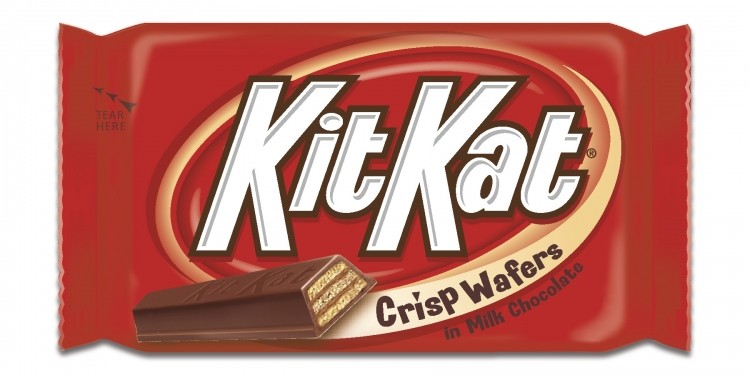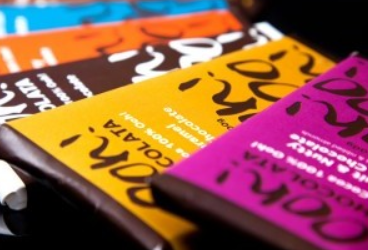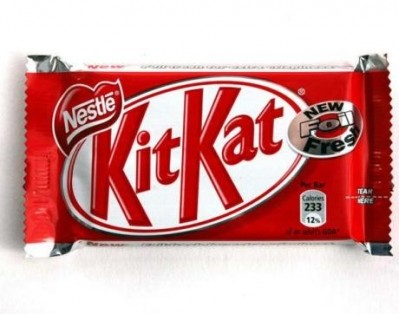Novel shaped food products key to property rights

IP expert Simon Crossley, a partner at legal firm Eversheds, said it was increasingly important that novel shape design was pushed further up the product development agenda after Nestlé received trademark protection for the four-fingered KitKat.
The firm originally registered the shape as a trademark in 2006 but this was successfully challenged by Cadbury, which argued that a shape unlike a name was generic. However, in January, Nestlé secured a European-wide ruling from the board of appeal at the Community Trade Mark Office that reinstated the trademark.
'Devise distinctive shapes'
Crossley said: "This ruling shows that manufacturers need to devise distinctive shapes for products, so if they take off in the market place their maker would be safe in the knowledge that no-one else could take on that design.
"Style and get-up have always been important, but now there needs to be a big focus on what is unique and distinctive."
Crossley added that the Nestlé ruling revealed that big food manufacturers were increasingly willing to test the legal boundaries to protect their IP.
However, he stressed that it was imperative that the claimant had something genuinely distinctive to defend. In addition to a four-fingered KitKat bar, he cited the triangular Toblerone bar as something that was protected.
Last forever
Ed Meikle, a partner in law firm DWF's food sector group, said the benefit of trademark rights was that they could last forever, unlike design rights which have a relatively short lifespan.
"Although obtaining trade mark registration can be difficult, it is worth food manufacturers actively considering this sort of protection for products with distinguishing appearances.
"Not only will they be able to stop their competitors from copying a design more easily, but such registered IP assets will add significant value to their businesses," he added.
Nestlé's trademark victory is the latest in a number of legal wrangles between the two companies.
In October Cadbury won a protracted battle giving it the right to the trademark for the colour of purple it uses on its packaging, after the High Court ruled "that purple is distinctive of Cadbury for milk chocolate".















